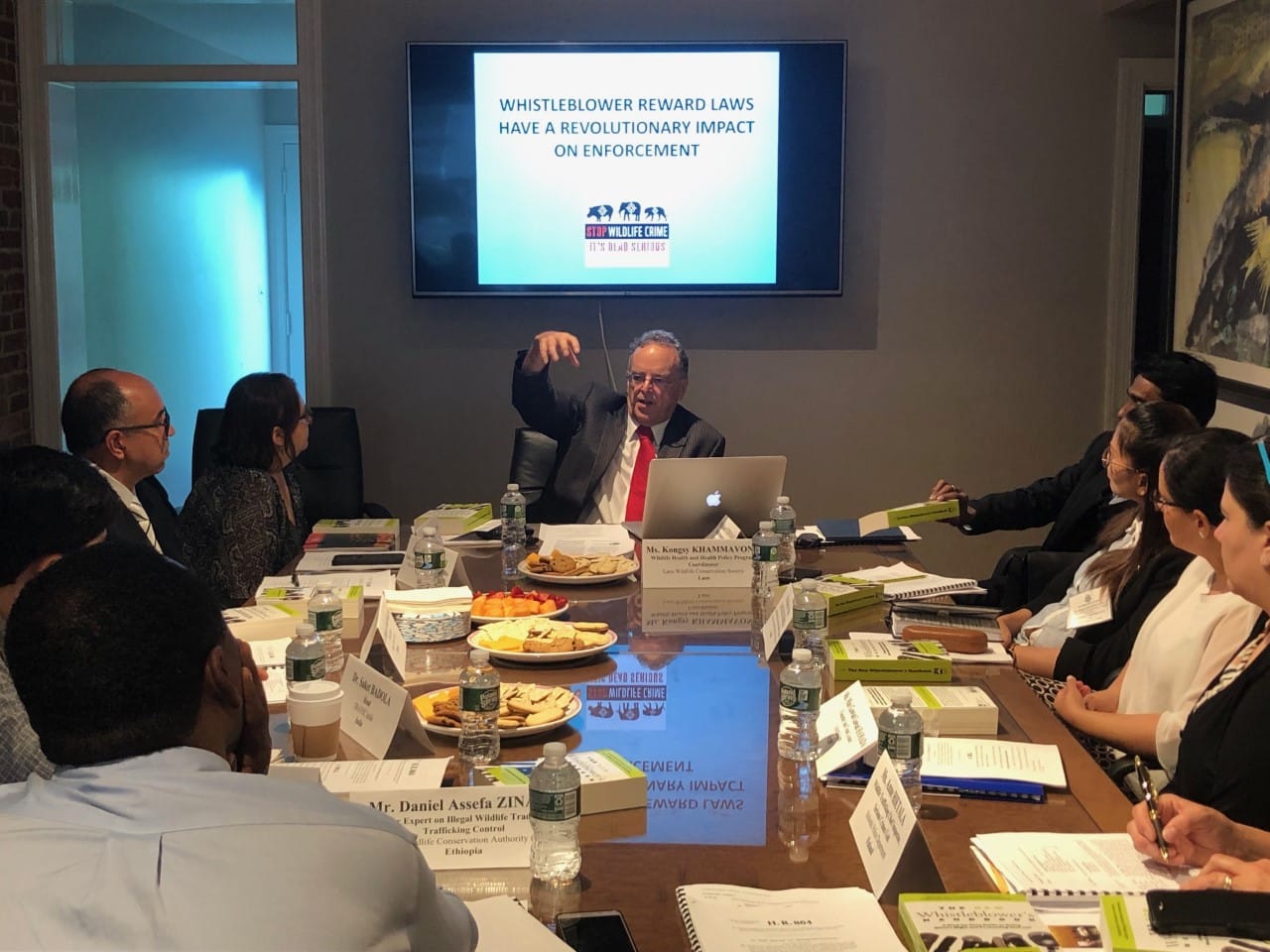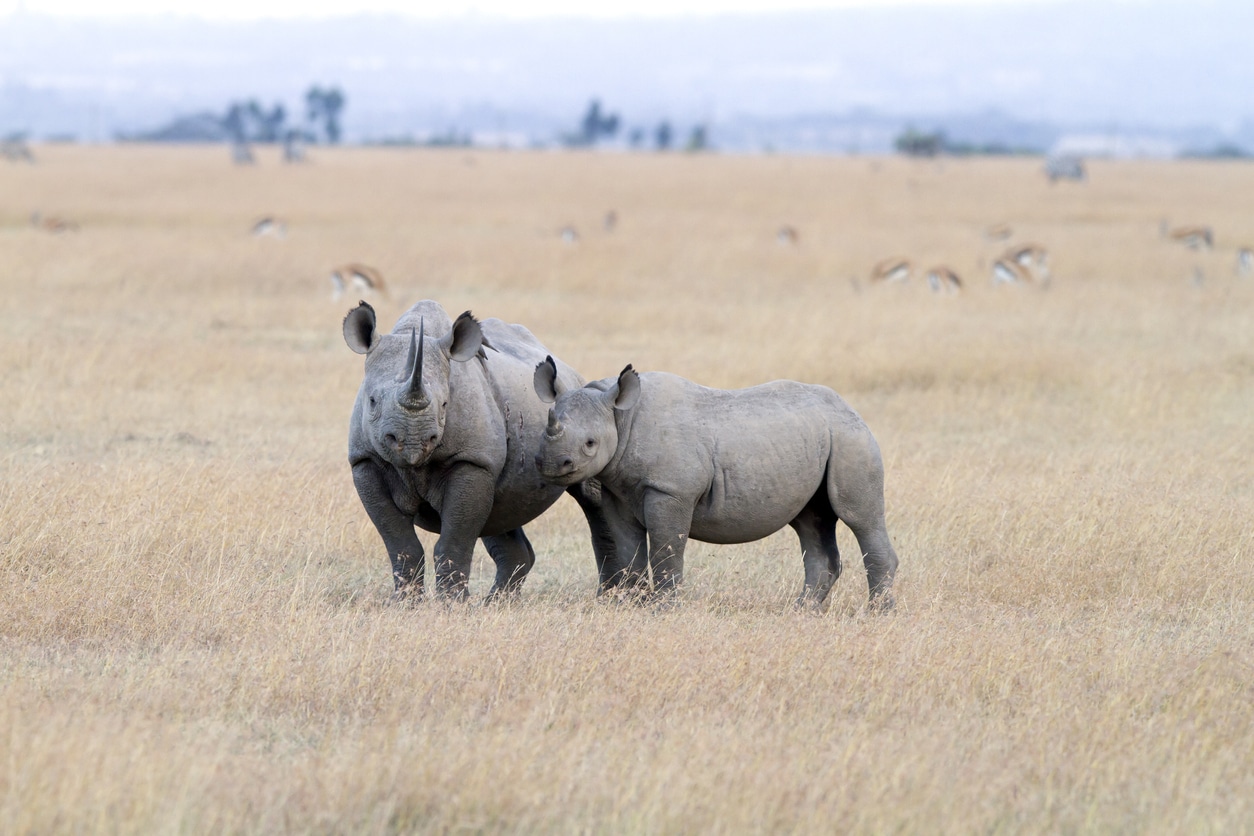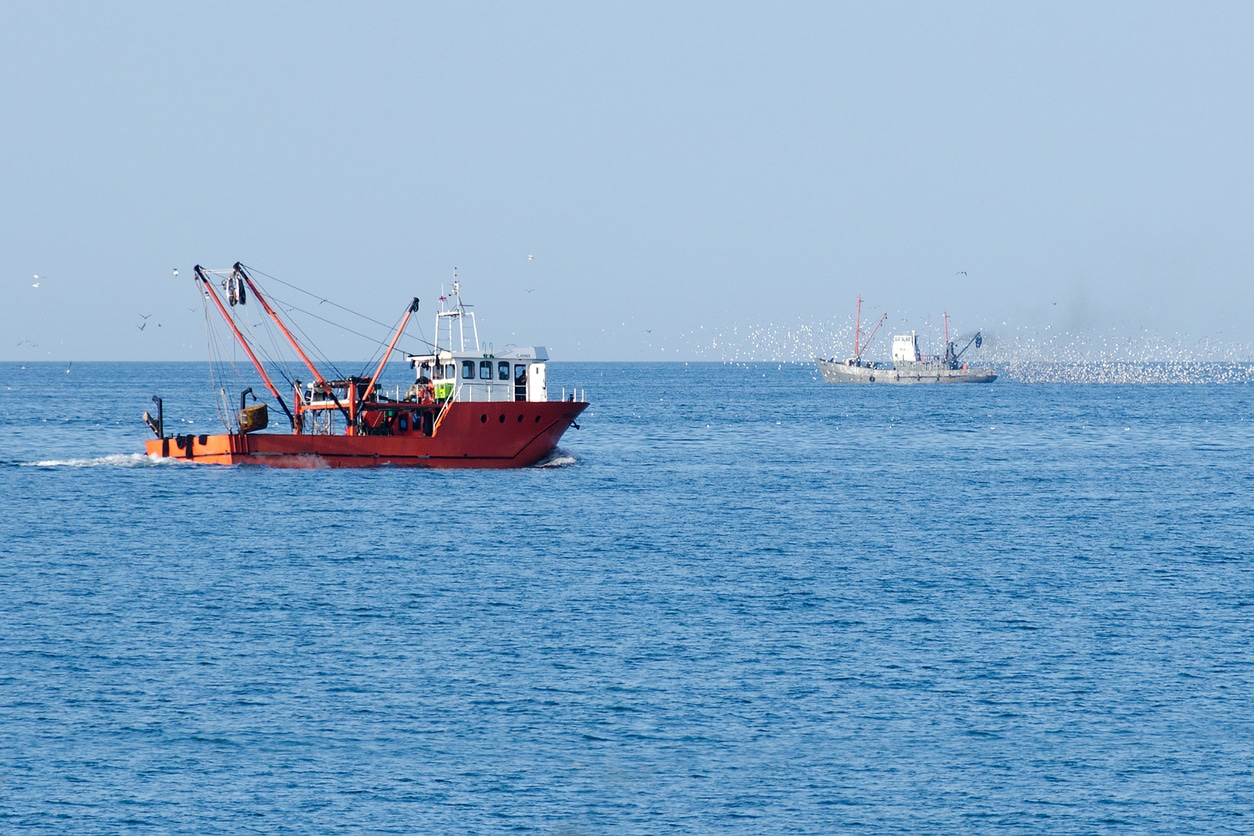Kohn, Kohn & Colapinto is on the frontline of litigating for qui tam whistleblower rewards and urging Congress to improve whistleblower reward laws. As part of this commitment to developing new areas of qui tam whistleblower reward laws, KKC seeks to educate whistleblowers globally on how the wildlife whistleblower reward laws work. These laws incentivize whistleblowers to come forward with information about wildlife trafficking, illegal fishing, or ocean pollution. When the whistleblower’s information leads to a successful prosecution, the whistleblower is eligible for a reward.
On January 17, 2017, whistleblower attorney and KKC partner Stephen M. Kohn, testified at an official meeting of Advisory Council on Wildlife Trafficking held at the Department of Interior. His testimony called on the Departments of Interior, Commerce, Treasury, and Agriculture to implement long-standing but underutilized whistleblower reward laws.
- Unlocking the Power of the Wildlife Whistleblower Laws, Written Statement by Stephen M. Kohn, January 17, 2017.
- Monetary Rewards for Wildlife Whistleblowers: A Game-Changer in Wildlife Trafficking Detection and Deterrence, Stephen M. Kohn, Environmental Law Reporter, July/August 2016.
KKC represents anonymous whistleblowers before the Securities and Exchange Commission (SEC) concerning a whistleblower complaint against Facebook. The complaint alleges that Facebook enables traffickers to sell illegal wildlife through its website. The SEC whistleblower complaint, filed in August of 2017, details how Facebook failed to implement the necessary and required internal controls to curtail criminal activity on its site.

Wildlife Crime
Stephen Kohn speaks to a group of international wildlife advocates about whistleblower reward laws
KKC partners frequently meet with international visitors to discuss the use of U.S. Anti-corruption laws in the fight against illegal wildlife trafficking. The qui tam provisions of the False Claims Act allow whistleblowers with evidence of crimes to collect rewards on behalf of the United States government based on their findings. From 1986-2017, sanctions from whistleblower cases raised over $40 billion, with over $6 billion of that going back into the pockets of the whistleblower.
KKC is taking a lead role to ensure the passage of the Wildlife Conservation & Anti-Trafficking Act of 2019. This legislation will create a qui tam reward law aimed at ending illegal wildlife trafficking. A vital feature of this bipartisan bill is to incentivize whistleblowers to report wildlife crime using qui tam laws. Similar laws have revolutionized the detection and prosecution of government contract fraud, tax fraud, and securities fraud. It will also provide dedicated funding for wildlife conservation programs at no expense to American taxpayers.
Stephen Kohn co-founded the National Whistleblower Center and serves as its chairman of the board. In that capacity, he has led several presentations regarding the use of whistleblower laws to reward those who report wildlife crimes.
Learn more about Wildlife Crime Whistleblowers:

Rethinking Animals Summit 2019
Stephen M. Kohn (seated far left)
Media Resources
Incentivizing Whistleblowers to Report Illegal Wildlife Trafficking
Using U.S Whistleblower Laws to Fight Illegal Fishing, Marine Pollution, and Wildlife Crime
Tools For A Safer Future (Stephen at 35:46)
Support the Wildlife Conservation and Anti-Trafficking Act of 2018
In 60 Seconds: Why You Should Support H.R. 864
How the Global Wildlife Whistleblower Program Works
Representing a Wildlife Whistleblower: For Attorneys
Latest from the Blog
December 3, 2021
September 27, 2021


